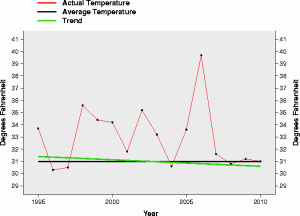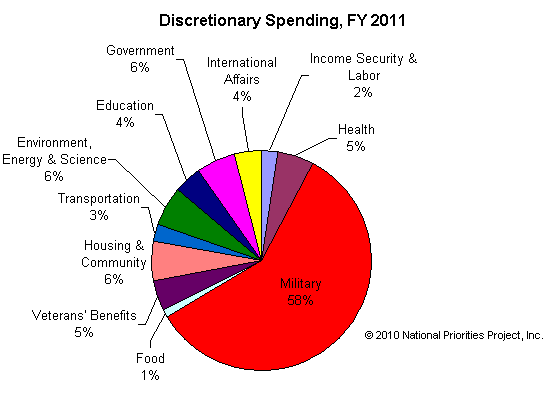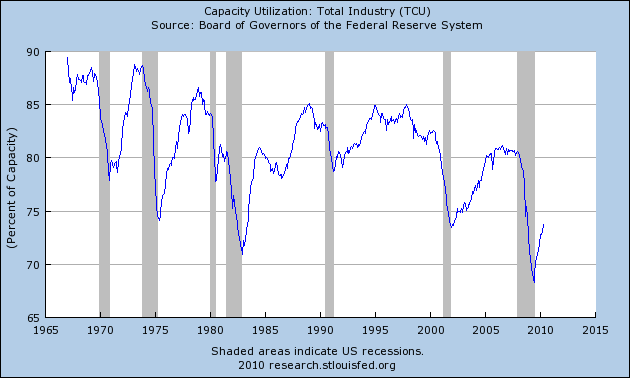
Mean continetal temp 95-10
Let’s talk a bit more about global warming and climate change. The majority of the American population now thinks that global warming probably doesn’t exist. Part of that is the huge amount of money which has been spent on propaganda, but part of it is that one of the only major areas not experiencing higher temperatures is the continental USA. If you want to be a climate change denialist, America is a great place to live.
It is also true that the speed of global warming has slowed down. This is primarily due to two factors:
1) The sunspot cycle. Solar radiation is currently at its lowest level in some time. Less heat equals, well, less heat.
2) The icecap and glacial dump. The polar icepack being dumped into the oceans has had a cooling effect.
The sunspot cycle can change pretty much any time it wants. Probably we’ve got a decade or so at lower heat levels, but that’s not a sure thing. As for the icecap and glacier dump: well, once the ice is gone, it’s gone.
The bottom line is that we are going to see things get worse, more slowly, in terms of temperature rises. We will, however, keep getting crazy weather, changes to weather patterns are an early sign of climate change.
Once the mitigating factors are gone the pace of global warming will pick up again, and it will pick up fiercely.
Now, as for fixing it—there are two main problems. The first is the will to do something. While there may be technical solutions which would reduce the amount of carbon we are dumping into the atmosphere, there is no will to deploy them on a wide enough scale to matter. This is as true in China as it in the US, and without China and the developing world coming on board, what the US does, assuming it does anything, will not be sufficient (and the US will not do anything, the propaganda campaign claiming there is no Global Warming has been successful.)
The second is that there will come a point where global warming becomes a self reinforcing cycle. With no glacial caps and with the methane released from Siberia, even radical decreases in human CO2 dumping will probably not be sufficient to stop the cycle.
Add to this the severe water shortages we can expect, which will hit large parts of African, a huge swathe of China, much of India and a big chunk of the US, as aquifers are drained down to effectively zero, and you have a recipe for huge loss of life and destabilizing migratory movements.
It is also entirely possible that large parts of the tropics will become effectively uninhabitable, the combination of humidity and temperature will be so high that it will literally be lethal to be outside air conditioningfor any length of time for much of the year.
If world population is only reduced by a billion, I will be amazed. I also expect some serious wars. Our civilization will not go quietly into that long long night.



